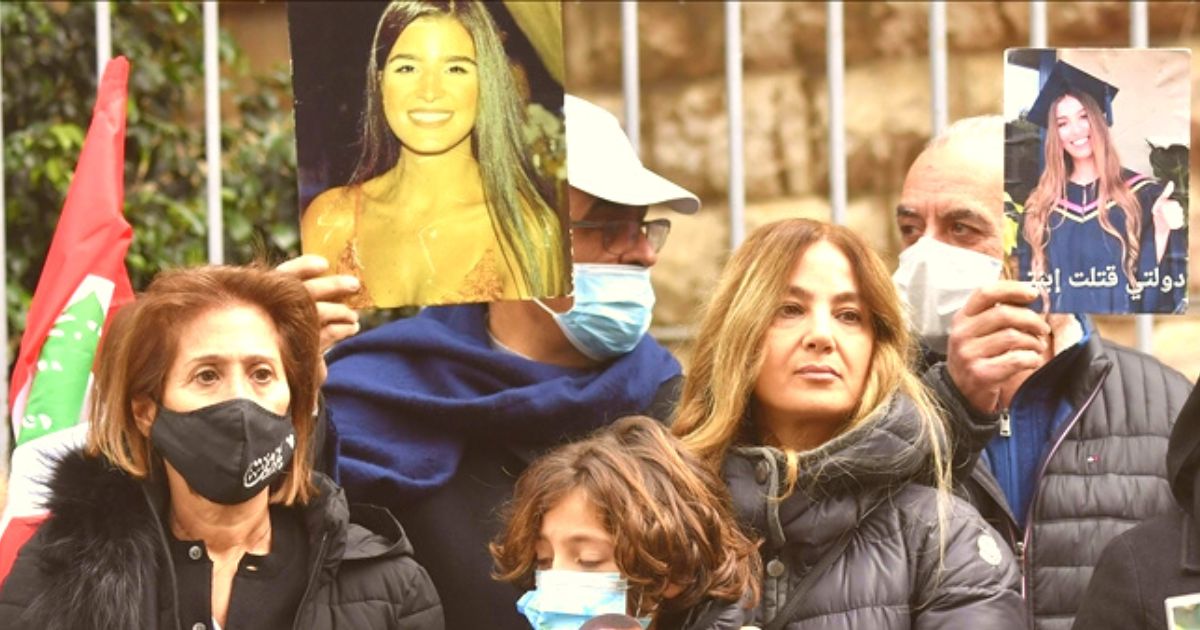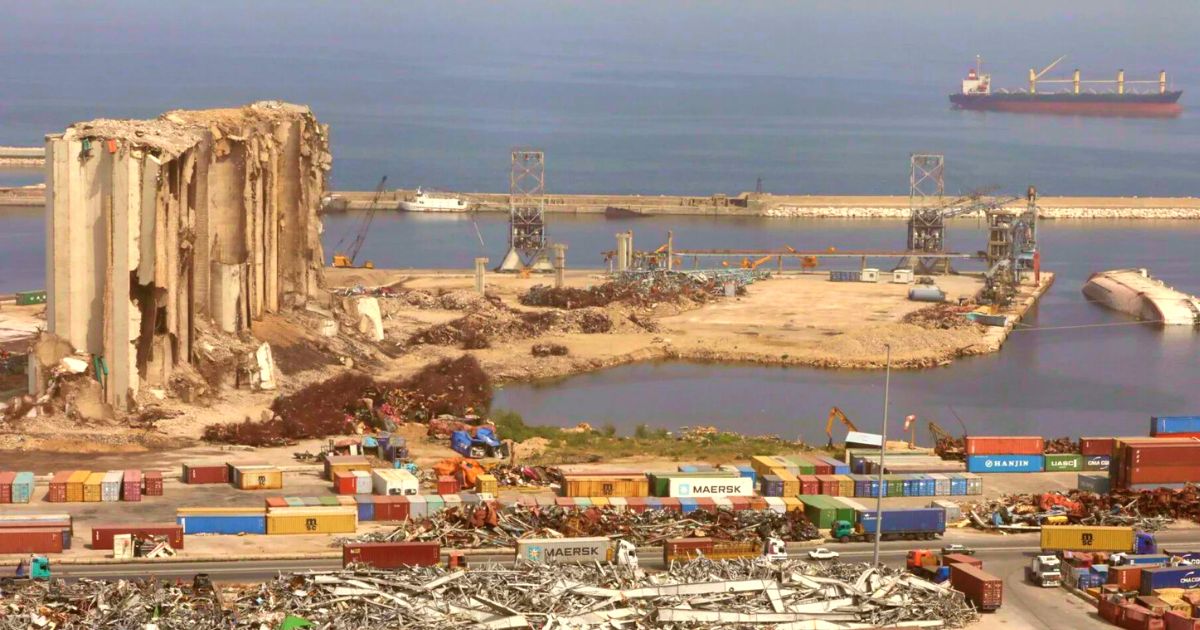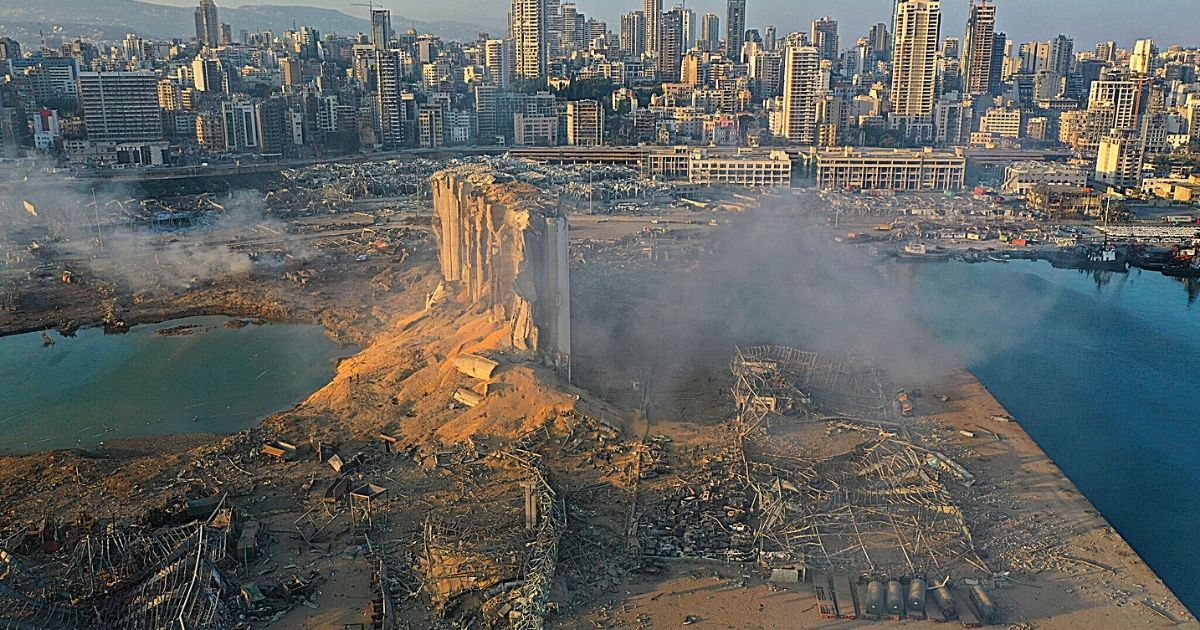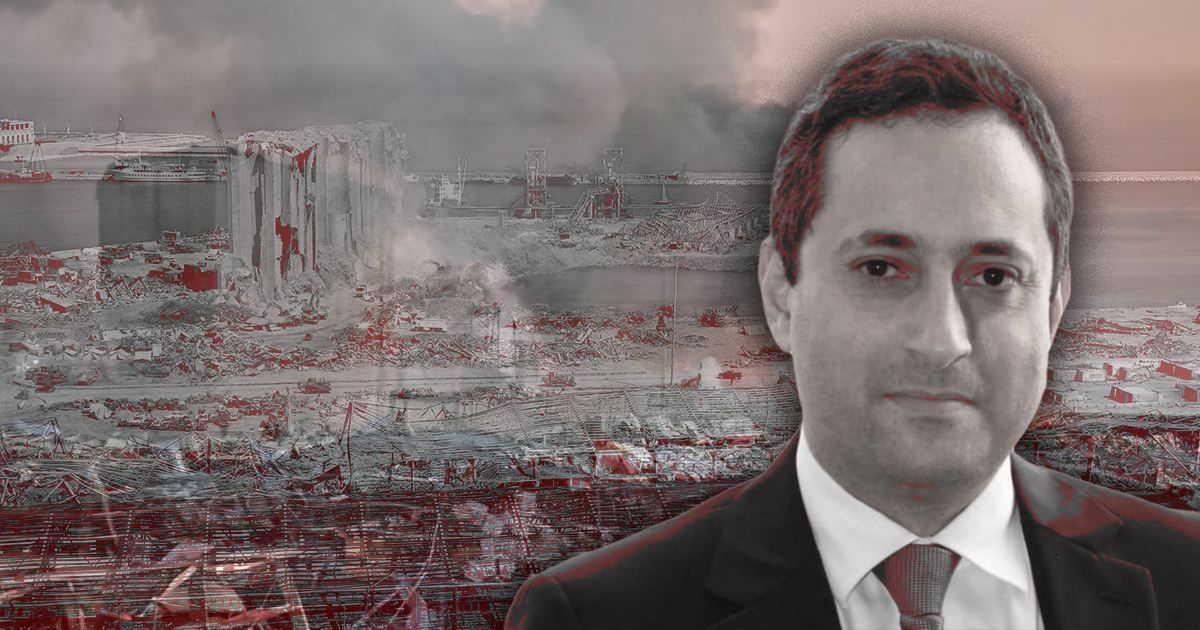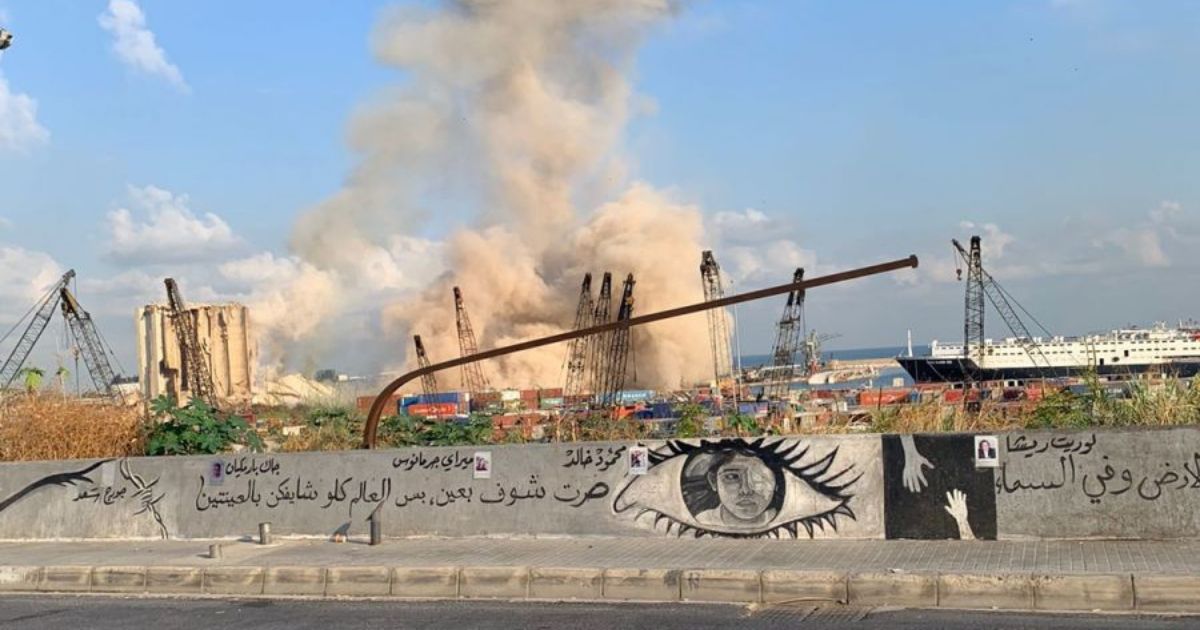Following Beirut’s explosion that caused the death of hundreds of citizens, sent clouds of smoke into the skyline, and shattered buildings onto the ground, the people of Beirut quickly came to the rescue.
Volunteers underwent a spontaneous operation where they cleared up broken glass from the streets and sent out food boxes for the ones in need.
On August 4th, the explosion of Beirut’s port blew much of the Lebanese capital’s main coastal region. Specifically, our beloved bar districts Mar Mikhail and Gemmayze, where all the windows and doors were shattered to the ground.
The following day, an army of volunteered civilians took to the devastated streets, adamant with resilience as their glimmer of youthful solidarity carried them through.
Holding brooms, shovels, and a large number of boxes filled with food, they cleaned up streets, alleys, and distributed aid.
Louay Farhat Charity, an NGO that provides basic life necessities to families who can’t afford their minimum needs, was one of the many charities on the ground sending out food boxes.
Plastic tables loaded with donated water bottles, sandwiches, and snacks were set up within hours.
“Everyone was quick to lend a helping hand. We even reached a point where we had a surplus of volunteers and donations,” said Farah Louay Farhat, board member of the NGO.
“We did not think twice before deciding to go on-ground to help,” explained Farah. “We knocked on people’s doors and gave them plenty of boxes filled with food. Their reaction was overwhelming. I had to hold myself together, but it was beautiful.”
A small number of civil defense workers could be seen inspecting what’s left of building structures, but they were greatly outnumbered by young volunteers taking over the streets to help.
“The Lebanese government has failed its people,” scorned 24-year-old Mostafa Karout, a volunteer rigorously working hard to clean up and salvage the Mar Mikhail district of the Lebanese capital.
In small groups, wearing plastic gloves and a mask, they energetically cleared away shattered glass underneath blown-out buildings, throwing them away into plastic bags.
“The aftermath of the explosion will haunt me forever,” Mostafa said. “I blame the government for it. We are in pain and agony, yet we’re still on our feet doing as much as we can to help. What is our government doing?”
Lebanese citizens have been demanding answers from the government. Yet, all they’re receiving are more reasons to believe the disaster was caused by the state’s negligence.
Hence, activists all over Lebanon are preparing to reignite the revolution that started on October 17.
This time, as circulating online, citizens are going to unleash their anger in ways Lebanon has never seen before.




